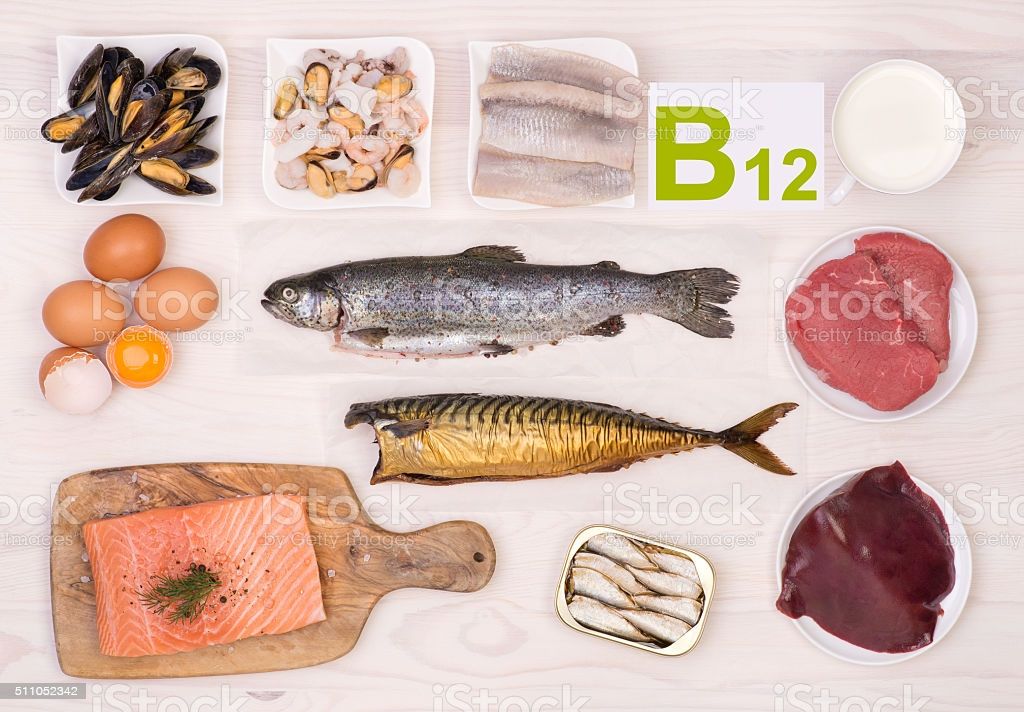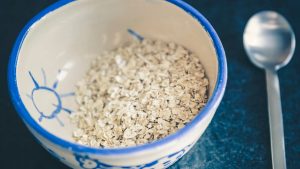Do you get enough vitamin B12 in your diet? In order to stay healthy, you’ll want to make sure you do.
Vitamin B12 is essential for our overall health. Vitamin B12 helps our bodies in many ways. It aids in the production of DNA and red blood cells, for example.
You must obtain vitamin B12 from animal-based meals or supplements because your body does not produce it. And it’s something you should do on a regular basis. While B12 can be kept in the liver for up to five years, if your diet does not help maintain levels, you may become weak.
What are the sources of vitamin B12?
Non-dairy products, fish, meat, and poultry products are the main sources of Vitamin B12.
For vegetarians: If you’re vegetarian, soy milk, fortified cereals, cremini mushrooms, and nutritional yeast are all alternatives.
For non-vegetarians: You can eat fish, chicken, and eggs if you are non-vegetarian. Sardines, tuna, and trout are recommended.
Also read: These 7 nutrient-rich foods may cure Vitamin D deficiency
You can develop vitamin B12 deficiency if you are suffering from the following conditions:
Atrophic gastritis is characterised by a thinner stomach lining.
Pernicious anaemia is a type of anaemia that makes it difficult for your body to absorb vitamin B12.
Crohn’s disease, celiac disease, bacterial growth, or parasites can all influence your small intestine.
Also read: Egg recipes under 200 calories to keep you healthy
Misuse or excessive drinking of alcohol can make it difficult for your body to absorb nutrients. Glossitis, or a swollen, inflamed tongue, is one symptom of a B12 deficiency.
Graves’ illness and lupus are types of immune system disorders.
To treat vitamin B12 deficiency, start with a small amount of vitamins at first. Then, if you’re having trouble absorbing vitamin B12, you might need shots. Vitamin B12 can be taken orally in high dosages, or it can be inhaled through the nose.
Also read: Five foods to include in your diet to lower cholesterol levels
You also have alternative options if you can’t eat an animal-based diet. If you’re lacking in vitamin B12, you can get it via fortified cereals, a supplement, B12 injections, or a high-dose oral vitamin B12.







